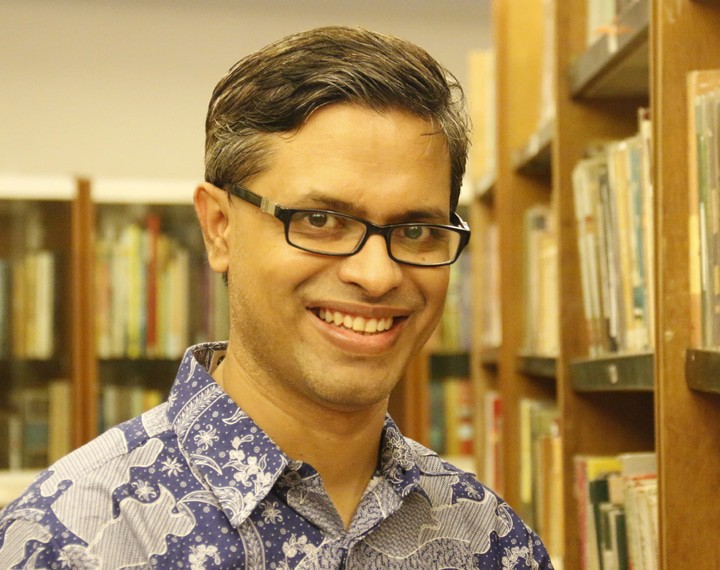Table of Contents
The prenatal stage or the stage of life growing in a mother’s womb is very vital or crucial for the physical, mental, emotional development of a personality. A number of studies have discovered that growth as well as function of different organs start in the prenatal stage and it develops gradually in course of pregnancy period. Needless to say that it is very important to have knowledge on the physical growth of a child in the prenatal stage. So, the authors have the inquisitiveness to know what is the state of knowledge of young people on the physical growth of a life or a child during the prenatal stage.
Research Question
What is the state of knowledge of the young people in Dhaka about the physical growth of a child during the prenatal stage? To query this question, the study formulate four hypotheses:
H1: The young people have correct knowledge on the growth of a child during the prenatal stage.
H2: The young people have partial correct knowledge on the growth of a child during the prenatal stage.
H3: The young people have wrong knowledge on the growth of a child during the prenatal stage.
H4: The young people admit that they have no knowledge on the growth of a child during the prenatal stage.
Methodology
 Random sampling and survey questionnaire were used to do the study.
Random sampling and survey questionnaire were used to do the study.
Formulation of Survey Question
All the questions focus on the different growth of a child on different trimesters. Each question has four options, out of them
(a) One option/answer is correct
(b) One option/answer is partial correct
(c) One option/answer is wrong
(d) One option/answer is to admit that the respondent has no idea.
Moreover, there was another open-ended option to express that if they have any different ideas.
Sampling
Surveys were done in different social meeting places (cultural, professional organizations) where youth with different educational, social, economic background come. The questions were given to them and it was ensured that their identity would not be disclosed. It was also requested to them to answer what is in their mind not to be influenced by others.
Findings
On the basis of the survey it has been found that
1. About 49% of the responds admit that they do not have any idea of the physical growth of child during the prenatal stage.
2. About 25% responds were correct. However, among the correct responds it has been observed that no correct responds were found on the question on the first trimester.
3. About 14% of the responds were wrong.
4. About 12% responds were partial correct.
Analysis
The findings show that the youths of the Dhaka city do not have a good state of knowledge on the physical growth of a child during the prenatal stage. No one respondents provide all the correct answer (since no one did correct answer on the question on the first trimester). The lion share of the responds show that the show that people are not very keen about the prenatal knowledge.
About half of the responds admit that they do not have any idea on the growth. It indicates that there remains no scope to know about the prenatal education (as most of the responds were graduate) in the schooling system in Bangladesh.
Conclusion and Recommendations
It has been found that although most of the respondents were graduate, they had little knowledge on the youth in Dhaka on the growth of a child at the prenatal stage. The prenatal stage played a vital role to build the characteristics of a human. Thus, it is recommended that in the general science curriculum of Bangladesh the lessons on the prenatal stage should be included.
The knowledge on the prenatal education is also very important for the social, economic development of a country. If people are aware on the crucial influence of the prenatal stage of a child for her or his future development, then in the society it can be expected that domestic violence would be declined as well as mother’s care would be improved. So, more scopes to learn on prenatal education must be increased. It will benefit the society and create a better, safe and sound future for the upcoming generation.



